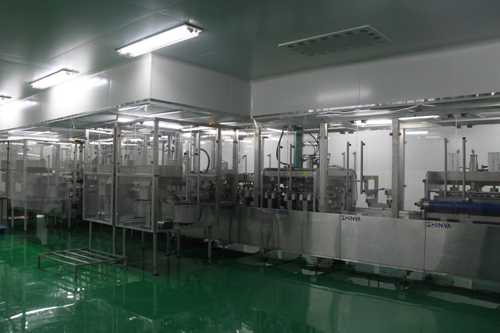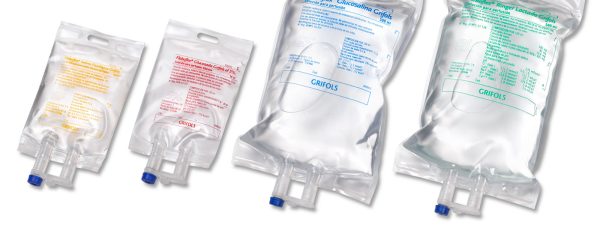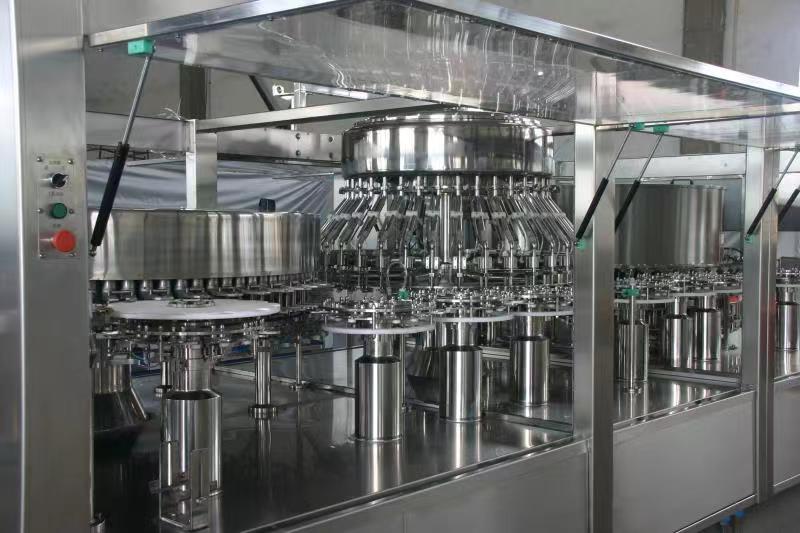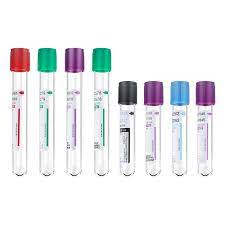Parenteral fluid filling equipment plays a crucial role in pharmaceutical production, ensuring the sterile processing and aseptic filling of injectable drugs. These automated systems are essential for maintaining dosage accuracy, contamination prevention, and regulatory compliance in the pharmaceutical industry.
Parenteral fluid filling equipment is specifically designed to handle liquid packaging for vial filling, syringe filling, infusion bags, and infusion bottles. The machines are equipped with advanced technologies to maintain the quality control of sterile fluids throughout the drug manufacturing process.
High speed filling capabilities of parenteral fluid filling equipment enable efficient production of pharmaceutical products while adhering to strict cleanroom technology standards. These machines are vital for preventing contamination and ensuring the safety and efficacy of parenteral products.
In conclusion, parenteral fluid filling equipment plays a critical role in the pharmaceutical industry by facilitating the production of sterile fluids with precision, efficiency, and compliance with regulatory standards. Choose reliable pharmaceutical machinery that meets your production needs for seamless drug delivery and quality control.
Understanding Parenteral Fluid and Its Role in Drug Delivery
Parenteral fluid plays a critical role in drug delivery within the pharmaceutical industry. It refers to any medication administered through routes other than the digestive system, such as intravenously or through injections. Parenteral fluids are essential in delivering injectable drugs accurately and safely to patients, ensuring dosage precision and effectiveness.
In pharmaceutical production, parenteral fluid filling equipment is used for aseptic filling of vials, syringes, infusion bags, and infusion bottles. These automated systems are designed to maintain sterility throughout the filling and sealing process, preventing contamination and ensuring the quality of sterile fluids.
High speed filling equipment is employed in the parenteral processing of pharmaceuticals to meet the demand for efficient drug manufacturing. Cleanroom technology is utilized to comply with regulatory standards and maintain a sterile environment for the production of injectable drugs.
Quality control is essential in parenteral fluid filling to guarantee the sterility and safety of the final product. Liquid packaging machinery plays a crucial role in the packaging of sterile fluids, ensuring that they are ready for distribution and use.
In conclusion, understanding parenteral fluid and its role in drug delivery is essential in the pharmaceutical industry to ensure the safety and efficacy of injectable medications. By utilizing advanced filling equipment and sterile processing techniques, the industry can meet regulatory compliance and provide patients with high quality pharmaceutical products.
For more information on parenteral fluid and drug delivery, refer to the Wikipedia page on Drug Delivery.
The Crucial Role of Filling Equipment in Pharmaceutical Production
Parenteral fluid filling equipment plays a crucial role in pharmaceutical production by ensuring sterile processing, aseptic filling, and contamination prevention. These automated systems are vital for liquid packaging, maintaining dosage accuracy, and facilitating drug delivery in the pharmaceutical industry. Parenteral processing, which includes filling and sealing vials, syringes, infusion bags, and infusion bottles, requires high speed filling of sterile fluids to meet regulatory compliance for injectable drugs. Quality control of infusion bottles is also essential in drug manufacturing to guarantee the safety and efficacy of the products. Overall, filling equipment is a cornerstone of pharmaceutical machinery, enabling the efficient and precise production of pharmaceutical products.
A Closer Look at Sterile Processing and Aseptic Filling
Parenteral fluid filling equipment plays a crucial role in the pharmaceutical industry, particularly in the production of injectable drugs. Sterile processing and aseptic filling are essential steps in ensuring the safety and efficacy of parenteral products. Automated systems are commonly used in these processes to minimize the risk of contamination and ensure dosage accuracy.
Liquid packaging and pharmaceutical machinery are key components in the sterile processing and aseptic filling of parenteral fluids. Cleanroom technology is utilized to maintain a controlled environment that prevents contamination during filling and sealing operations. Vial filling, syringe filling, and infusion bags are common methods for packaging sterile fluids.
Quality control is of utmost importance in the pharmaceutical industry, especially when it comes to parenteral processing. Regulatory compliance is essential to ensure that all aspects of drug manufacturing, including high speed filling processes, meet strict standards for sterile fluid production.
In conclusion, sterile processing and aseptic filling are critical processes in the production of injectable drugs. By utilizing automated systems, cleanroom technology, and quality control measures, pharmaceutical companies can ensure the safety and efficacy of their parenteral products.
The Mechanics of Automated Systems in Liquid Packaging

Automated systems play a crucial role in liquid packaging within the pharmaceutical industry, specifically in parenteral fluid filling equipment. These systems are designed to ensure sterile processing and aseptic filling to meet regulatory compliance standards. By utilizing automated systems, pharmaceutical production facilities can enhance contamination prevention, improve dosage accuracy, and optimize overall drug delivery processes.
Liquid packaging within the pharmaceutical industry involves various processes such as filling and sealing vials, syringes, infusion bags, and infusion bottles. Automated systems aid in ensuring the quality control of infusion bottles, supporting the production of injectable drugs with high speed filling capabilities. These systems are essential in handling sterile fluids and maintaining a cleanroom environment throughout the parenteral processing of pharmaceutical products.
Automated systems in liquid packaging rely on advanced technology to streamline drug manufacturing processes efficiently. By incorporating robotics and high speed filling mechanisms, these systems can achieve precise and consistent dosage accuracy while minimizing the risk of contamination. Furthermore, these systems are instrumental in facilitating the production of a wide range of pharmaceutical products, including various injectable drugs.
In conclusion, the mechanics of automated systems in liquid packaging play a pivotal role in the pharmaceutical industry, ensuring the efficient and sterile processing of parenteral fluids. By leveraging automated systems, pharmaceutical companies can enhance their production capabilities, maintain regulatory compliance, and uphold the highest standards of quality in drug manufacturing.
Preventing Contamination with Advanced Pharmaceutical Machinery
Advanced pharmaceutical machinery plays a crucial role in preventing contamination during parenteral fluid filling processes in sterile environments. These automated systems are designed to uphold the highest standards of aseptic filling to ensure the safety and efficacy of pharmaceutical production. By utilizing state of the art liquid packaging technology, pharmaceutical machinery helps maintain dosage accuracy and ensures cleanroom technology is upheld.
- Sterile Processing: Parenteral fluid filling equipment operates in controlled environments to prevent any microbial contamination during drug manufacturing processes.
- Injection Delivery: Advanced pharmaceutical machinery is essential in the production of injectable drugs, guaranteeing sterile fluids and regulatory compliance in high speed filling operations.
- Quality Control: Pharmaceutical machinery facilitates the filling and sealing of various containers such as vials, syringes, infusion bags, and infusion bottles with utmost precision and quality control measures.
In the pharmaceutical industry, the implementation of advanced parenteral processing equipment is vital to maintain the integrity and safety of drug products. By investing in cutting edge technology, drug manufacturers can uphold stringent regulatory standards and ensure the delivery of high quality pharmaceuticals to patients worldwide.
IV FLUID SOLUTION LINE


